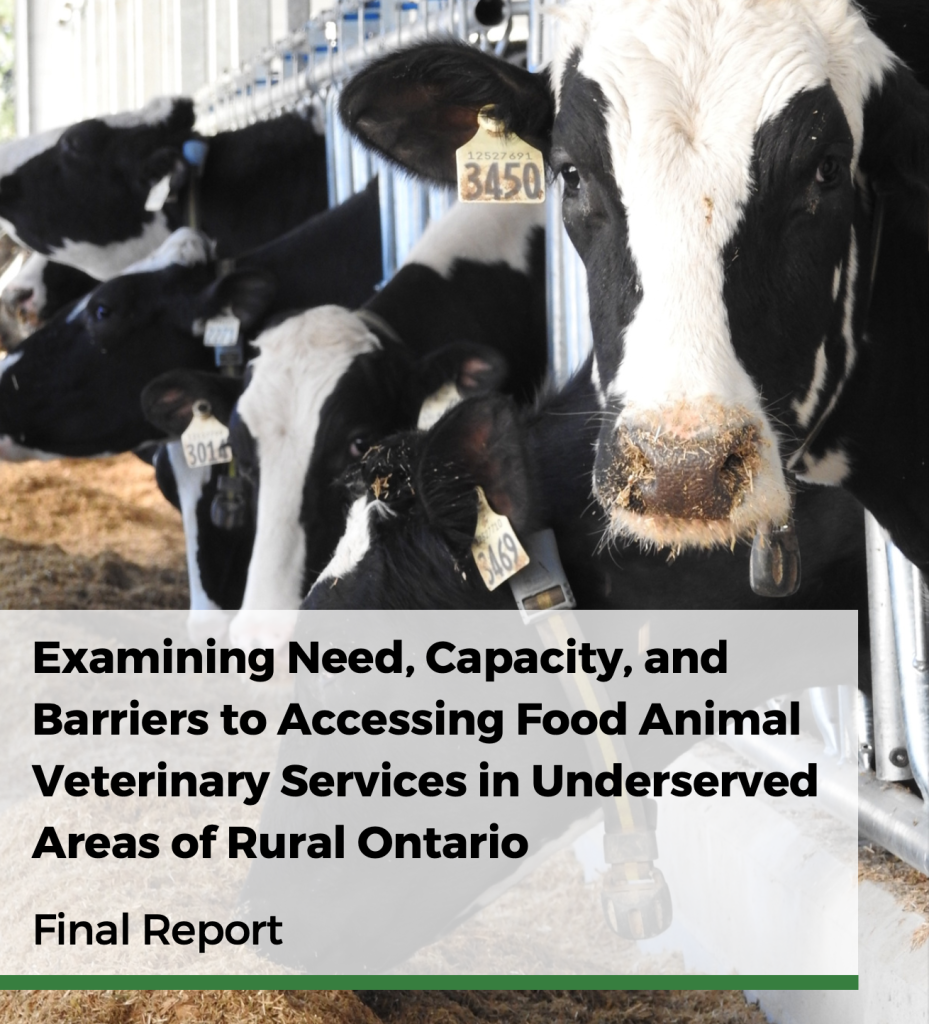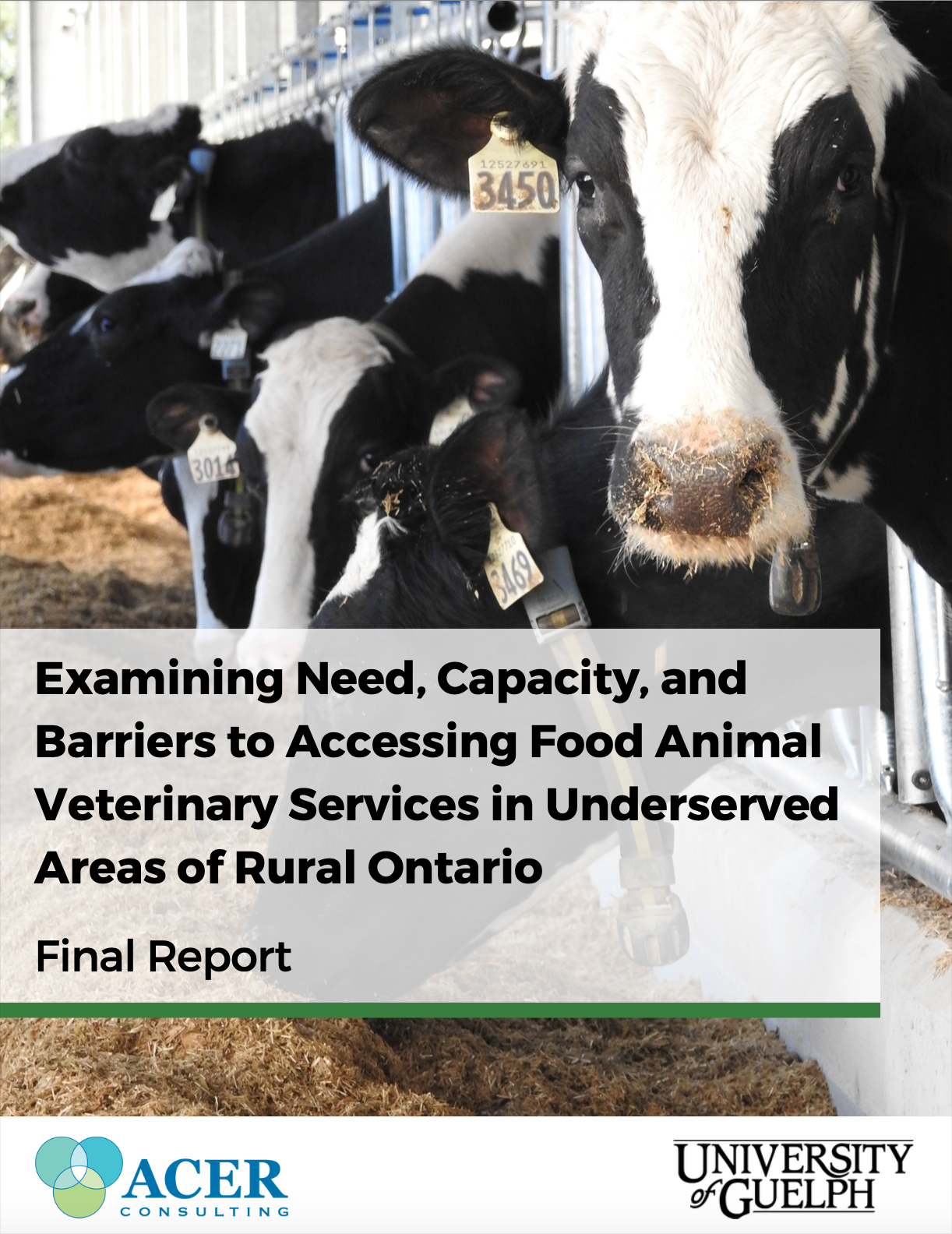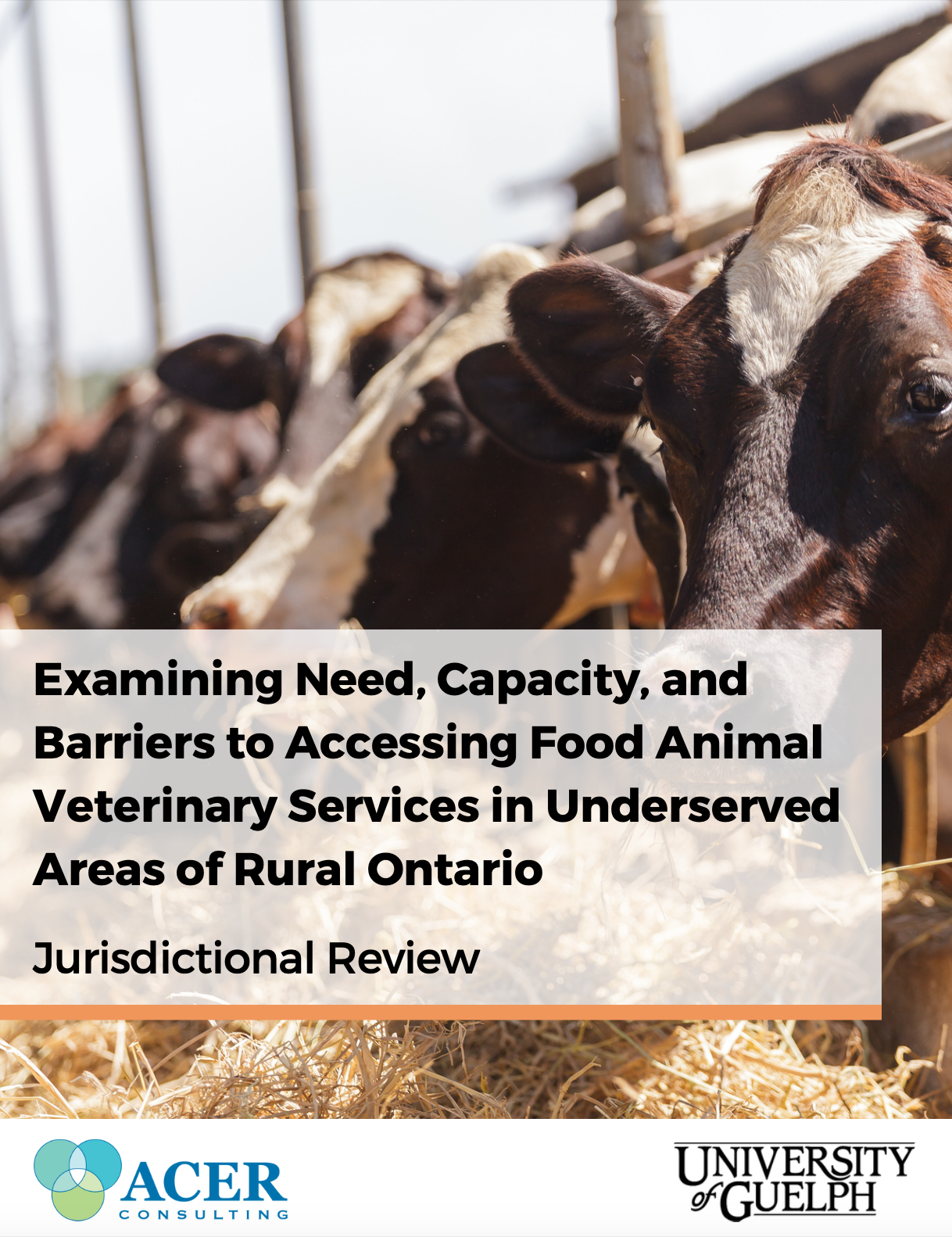Do you have a scientific research, communication, or training need?
Our goal is to create knowledge and tools to improve animal health and welfare, public health, and the environment in a rapidly changing world. We have the skills to help you understand your unique challenge, inform relevant solutions, and maximize influence.


